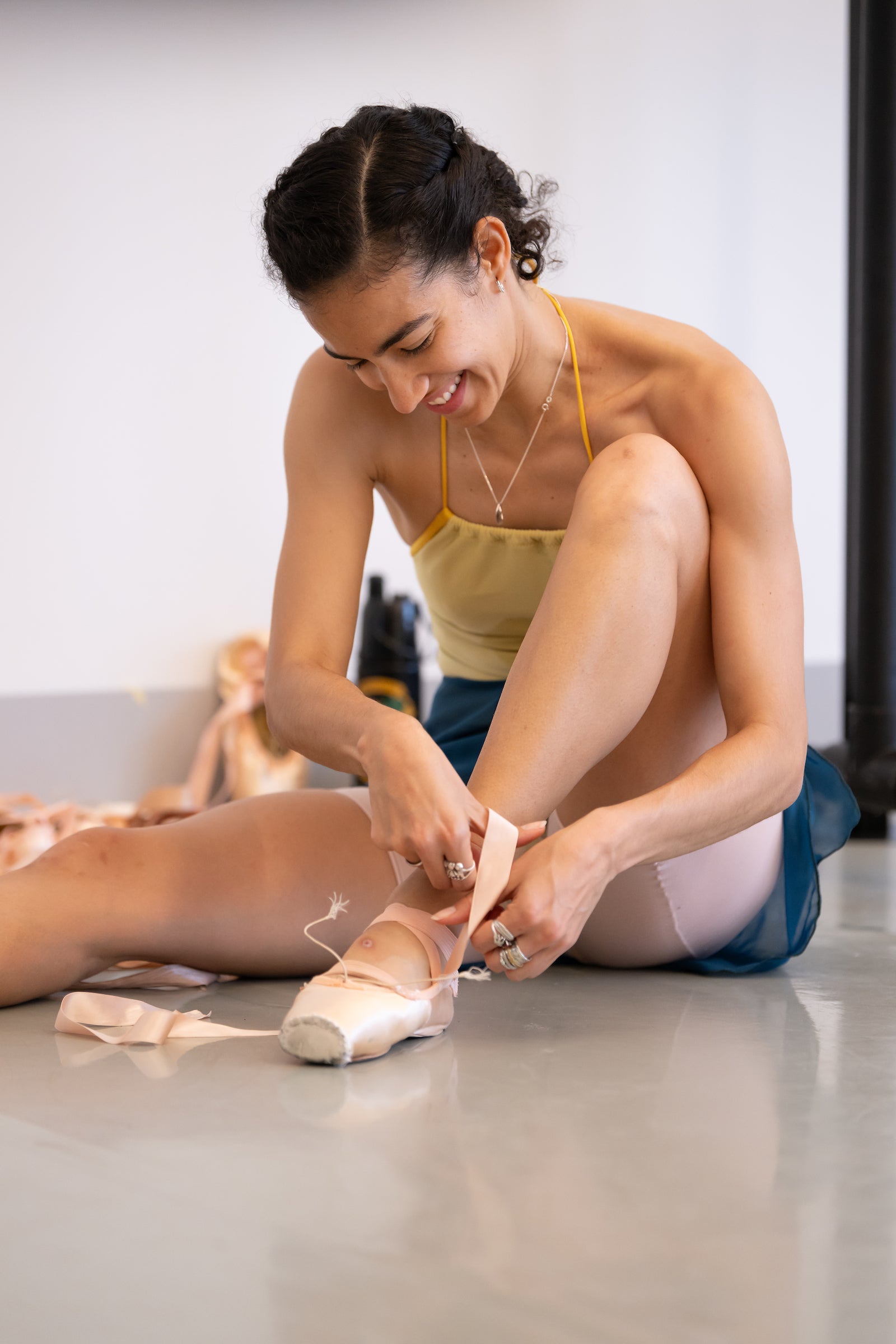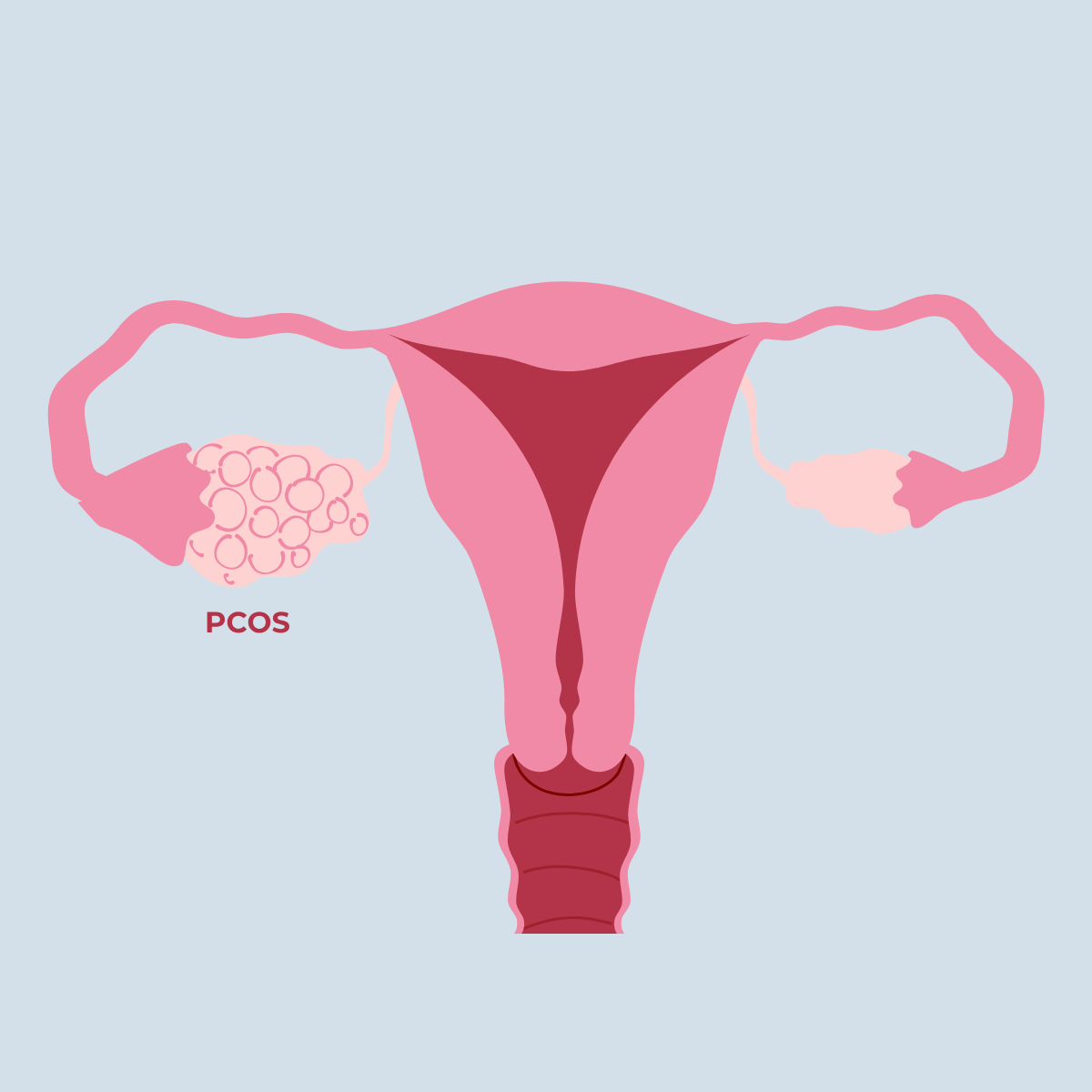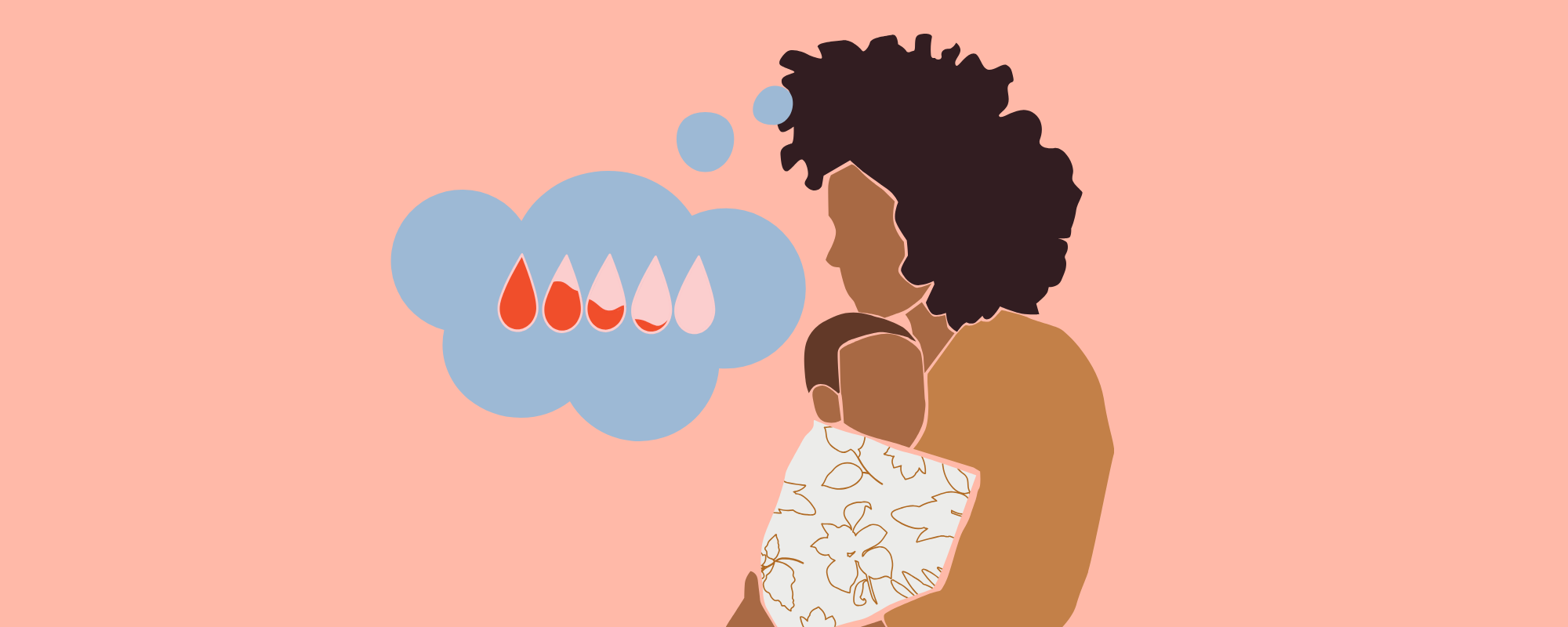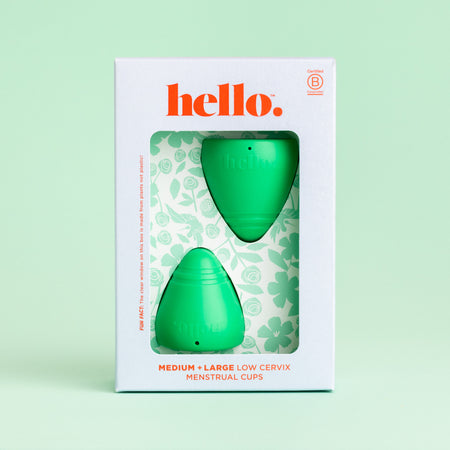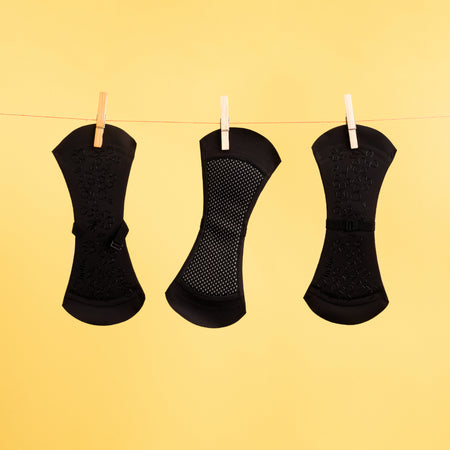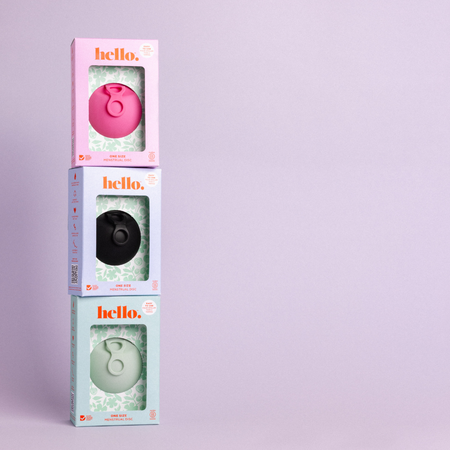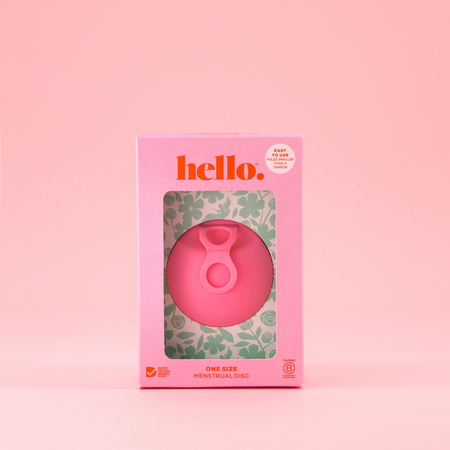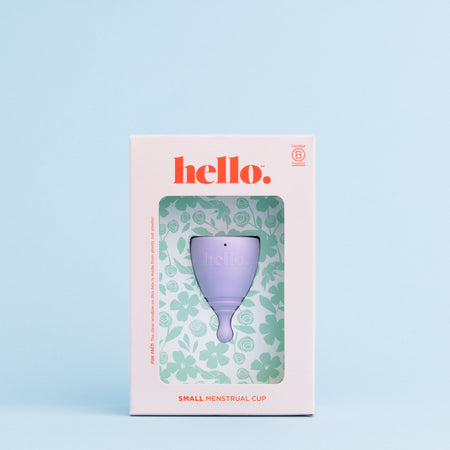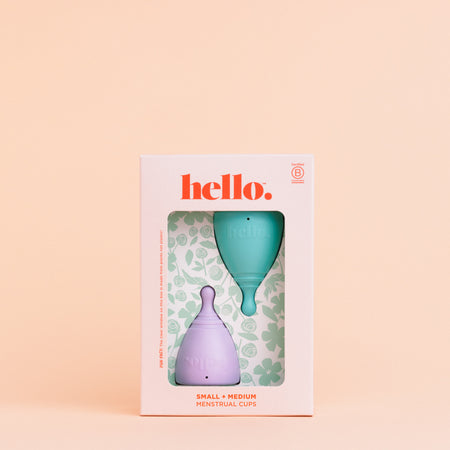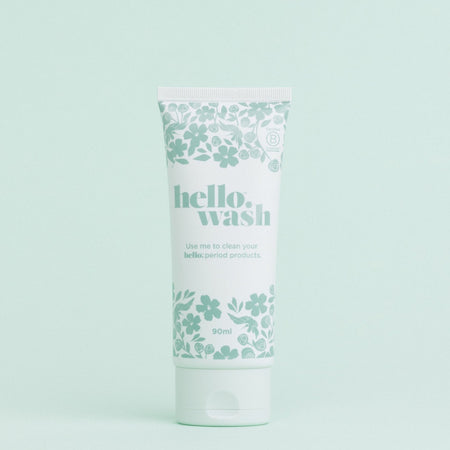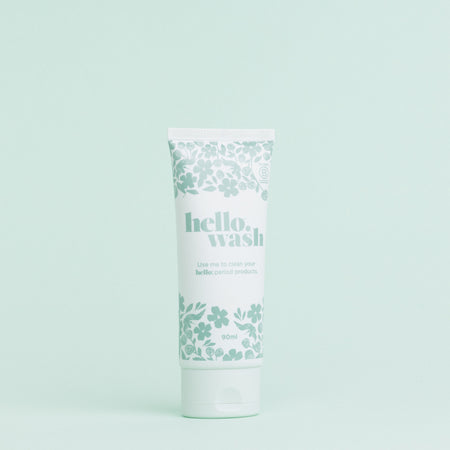Even as we start to have more open conversations about periods, there is still plenty of misinformation out there about menstrual cycles. Many of these myths originate because menstruation used to be an extremely taboo subject that wasn't understood or discussed. Many of these misconceptions are often still shared today.
In this article, we take a look at the truth behind some of the most common period myths.
Myth: You can’t get pregnant during your period.
You're at your most fertile when you're ovulating, which is around two weeks before your period, but it is possible to get pregnant at any time during your menstrual cycle. This means if you don't want to get pregnant you should use contraception at all times, even during or just after your period.
Myth: Periods last for one week each month.
You might have heard or been told that a 'normal' period lasts for about a week every month, but very few people with periods will actually experience that. The 28-day menstrual cycle is an average and most cycles will be longer or shorter, ranging between 21 to 35 days long.
Some people will have their period for just a couple of days and others might have it for over a week — everybody's experiences will be slightly different.
Myth: Your cycle runs like clockwork.
Periods aren't always regular either. Some people might settle into a pretty regular cycle that follows the same pattern each month, but many others have irregular periods that can change from month to month throughout their life. Other factors like illness and stress can also have an impact on your cycle, causing your period to be later than usual, or in some cases, you might miss a period.
Myth: Acne is always caused by periods.
Acne can be frustrating, especially when it appears on your face, and in some cases, it can be quite painful. Many people will notice that it gets better and worse at certain points in their menstrual cycle. But, periods aren't always to blame.
In fact, there are many different causes for acne of the face including genetics, certain medications and some foods. Hormonal changes are often one of the biggest causes of acne on the face though, but there are steps that you can take to manage it so that it doesn't flare up during your period.
Myth: You shouldn’t exercise during your period.
There’s no reason to stop exercising or doing physical activity while you are on your period, however - how you feel differs from person to person, so it's important to listen to your body. Another common myth is that you can't go swimming during your period, but it's completely safe - a menstrual cup is great for both swimming and exercising on your period.
Exercising during your period also releases hormones such as endorphins, which reduce your perception of the pain and also trigger positive feelings. Exercising may make you feel better, improve your concentration, and boost your energy levels. So, if you’re struggling through your period, it could be worth doing a workout or going for a run. But, as mentioned, your period can also bring about a feeling of fatigue - so if your body is saying rest, take it easy on yourself.
=> Maybe you be interested in: Period Pain Relief: 12 Ways to Reduce & Pain Foods Tips
Myth: PMS is just in your head.
Premenstrual syndrome (PMS) isn't just something that's in your head — it's likely to be due to falling levels of estrogen and progesterone in your body. This can cause a whole range of different symptoms before and during your period including:
-
Fatigue and tiredness
-
Irritability, anxiety, depression, sadness, and mood swings
-
Headaches
-
Joint pain
-
Bloating and weight gain
You can't completely control these symptoms, but sticking to a healthy diet and exercising regularly can make you feel better. And taking over-the-counter painkillers can help to ease the physical symptoms. If your PMS is causing serious problems, consider looking into prescription medications instead. Speak to your doctor or pharmacist for advice.
Overall when you're talking about periods it's important to remember that each person is different — in many cases what you've heard or what you've experienced won't be the same for other people. And if your periods are causing you problems or impacting your life then talk to your doctor.
Blog Credit: Leanne Sinclair (BPharm) is a Clinical Pharmacist at The Independent Online Pharmacy, one of the UK’s leading independent online pharmacies. For more healthcare and treatment advice, visit their website.
=> Maybe you be interested in: Why does my period smell?

